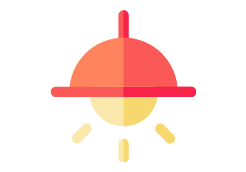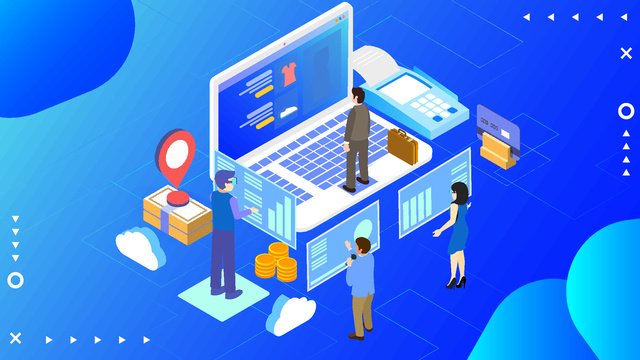Table of Contents
Introduction
Choosing Data Engineering as your career is the best choice in 2023. But everyone is confused about how to start and what to start with? In this blog I will walk you through the path, which will lead you towards your data engineer destination.
Roadmap

Roadmap specifically tailored for becoming a data engineering
- Foundational Skills:
- Programming Languages: Master Python and possibly Java or Scala.
- Databases: Learn about both relational (e.g., MySQL, PostgreSQL) and NoSQL (e.g., MongoDB, Cassandra) databases.
- Linux and Command Line: Familiarize yourself with basic Linux commands.
- Data Storage:
- File Formats: Understand common formats like CSV, JSON, Parquet, and Avro.
- Distributed File Systems: Gain knowledge of Hadoop HDFS.
- Data Processing:
- Apache Hadoop: Learn about HDFS, MapReduce, and YARN.
- Apache Spark: Develop skills in large-scale data processing and transformation.
- Data Transformation: Learn data cleaning and manipulation using Spark or pandas.
- Data Warehousing:
- Concepts: Understand data warehousing, data marts, and OLAP.
- Solutions: Explore tools like Amazon Redshift, Google BigQuery, or Snowflake.
- ETL (Extract, Transform, Load):
- Principles: Grasp the ETL process and its significance.
- Tools: Learn about Apache NiFi or Apache Airflow for workflow management.
- Data Modeling:
- Techniques: Understand conceptual, logical, and physical data modeling.
- Diagrams: Master creating Entity-Relationship Diagrams (ERDs).
- Data Pipeline Development:
- Real-time Processing: Explore tools like Apache Kafka for building real-time pipelines.
- Data Streaming: Learn about platforms like Kafka or AWS Kinesis.
- Version Control and Collaboration:
- Git: Become proficient in Git for version control and collaboration.
- Cloud Platforms:
- Cloud Providers: Choose one (e.g., AWS, GCP, Azure) and learn its data services.
- Cloud Data Services: Explore options like AWS S3, AWS Glue, GCP BigQuery, or Azure Data Factory.
- Advanced Topics:
- Data Governance and Security: Understand data governance, privacy, and security.
- Containerization and Orchestration: Learn Docker and Kubernetes basics.
- Machine Learning Integration: Gain knowledge of integrating data pipelines with ML workflows.
- Projects and Practical Experience:
- Build personal projects or contribute to open-source data engineering projects.
- Seek internships or entry-level positions for hands-on industry experience.
- Continuous Learning:
- Stay updated with the latest trends and technologies through blogs, courses, and conferences.
Conclusion
Remember, practical application and hands-on experience are key. Adapt this roadmap to your learning style and goals, and continuously refine your skills as the data engineering field evolves.



